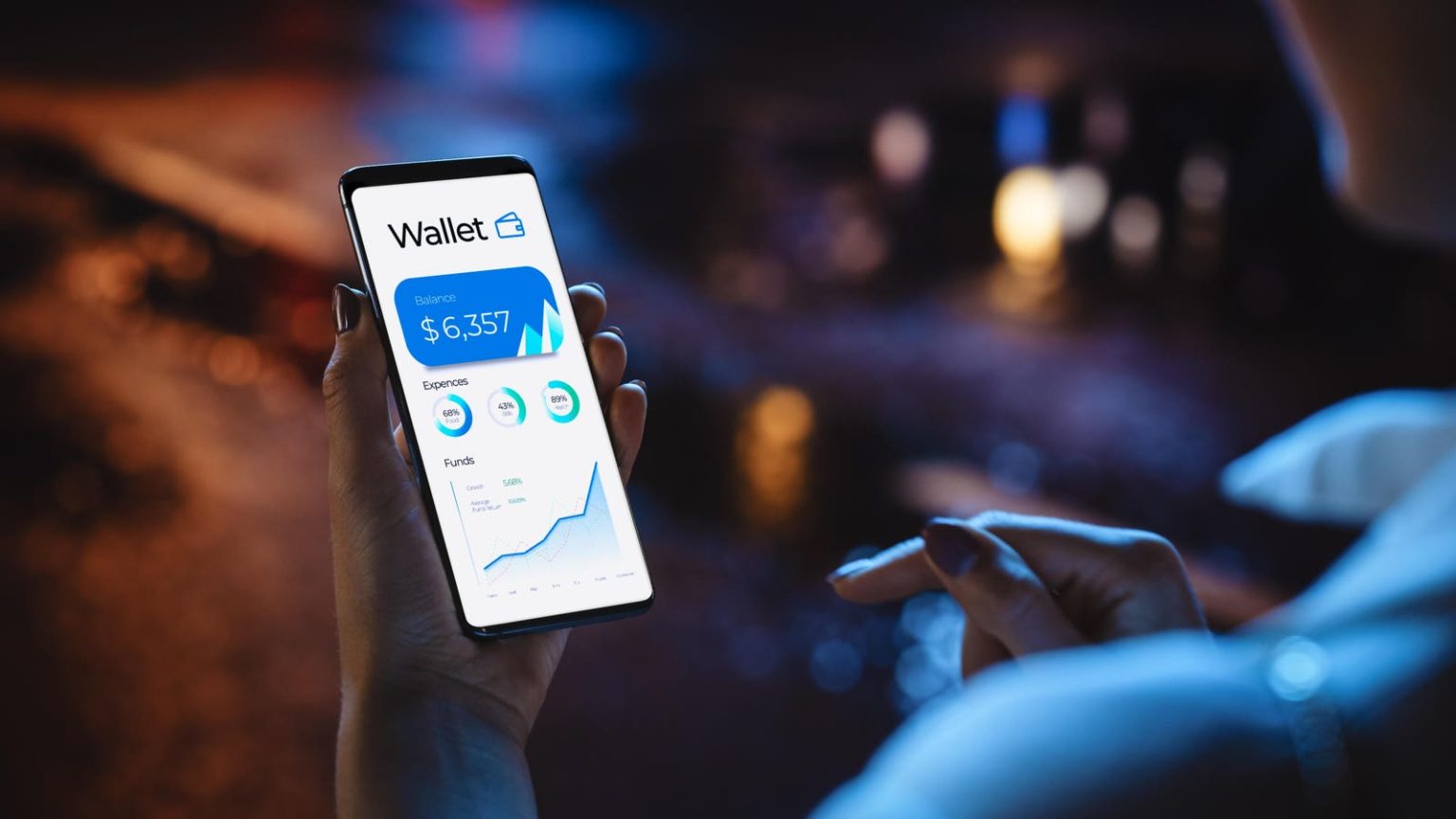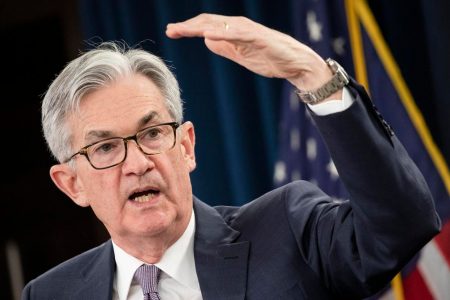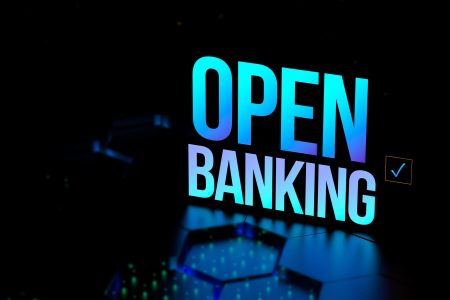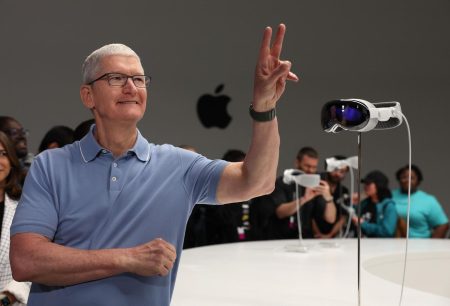The surge in popularity of digital wallets is a big multi-year story in payments. The convenience of being able to pay for your shopping with your mobile phone —eliminating the need to carry cash and cards — has resulted in a wave of adoption that shows little sign of abating.
Most of the push is coming from younger consumers: 61% of Gen Y and 66% of Gen Z used a digital wallet in the past 90 days, according to a recent Worldpay report. Wallets could one day become table stakes for doing business, potentially displacing banks’ payments brands from the customer experience.
Shortcomings and challenges persist
But none of this is assured. The fact is that despite their usefulness, digital wallets have several shortcomings that could limit their popularity.
For example, users don’t have full control of their data and the way companies interact with them is very generic; different digital wallets are not interoperable, which restricts the customer experience; and there are security challenges with the ways that different data, tokens and assets are stored and shared.
Fortunately, a new version of the digital wallet, the universal wallet, is on the horizon that could resolve most of these constraints. I believe it could introduce a new model for value exchange and also for personalized customer engagement.
These wallets differ from today’s digital wallets in several crucial respects. Most importantly, they use open technology and a common infrastructure and standards. This makes it easier for businesses of all descriptions to participate, resulting in a much richer customer experience. It also means different wallets can function seamlessly with each other.
For example, a personal identity wallet containing the holder’s passport, among other digital documents, can work seamlessly with a travel wallet containing flight tickets, boarding passes, travel insurance, medical certificates and destination vouchers. The holder thus retains full control of all their data, making it available to others only when, for how long and to the level of detail they choose.
The ability of universal wallet developers to personalize their experiences and offerings will be the big attraction, for users and participating businesses alike. At the moment, retailers that buy customer data collected via cookies and other third-party sources achieve an average sales conversion rate of only 2-5% across all advertisers. In contrast, the data provided proactively by universal wallet users to enable the personalization they value will not only be more up to date; it’s also likely to be more relevant, detailed and accurate. The result will be better outcomes for all concerned.
At the outset, we might see universal wallets offered by the likes of the bigtech mobile platform giants as extensions of their current platforms; by the public sector players, including the EU and its member states; and by independent providers taking an open market-driven approach and offering both free and commercial services.
Financial inclusion
On a larger scale, universal wallets could provide a breakthrough in making financial services accessible to underserved individuals and small businesses. Digital identity, ease of communication, frictionless secure transacting and the elimination of physical obstacles could together remove the last-mile hurdle that has thwarted so many previous attempts to broaden financial inclusion.
The opportunity for financial services
Two big trends are helping to make universal wallets more feasible:
1. Improvements in digital payment mechanisms are easing cross-border transactions, accommodating new tokenized currencies such as crypto and CBDCs, and including more vendors.
2. The integration of generative AI into daily interactions is enhancing digital interfaces by enabling more functions to work seamlessly together. Together these unlock vast potential for new business models and the release of trapped value.
For financial services firms, universal wallets — coupled with the rise of digital currencies and tokenized assets — could help create new sources of value and potentially take ownership of the wallet experience. Enterprise-grade credential & token tools can now allow business stakeholders to easily create, issue, verify and manage tokens and credentials and to automate actions through connections to existing systems.
This provides an opportunity to establish greater levels of trust, the importance of which cannot be understated, with a universal source of the truth around what assets are being transferred and who owns what, helping to reduce fraud. Since data is held by the wallet holder and revealed only as and when required, this trust must be constantly refreshed. It will be earned through cybersecurity, safety, transparency, interoperability, auditability, redressability, fairness and privacy.
Once standards and a common infrastructure are in place, and businesses make the transition from a siloed, web-centric to an open, truly customer-centric mindset, universal wallets will greatly enhance consumers’ personal agency. They will shift identification power from centralized entities to the individual and serve as the primary means of storing identification documents, money and digital assets. They will be indispensable to a full and rich digital life, acting as consumers’ agents in just about everything they do, from shopping online to unlocking their front door.
Read the full article here












